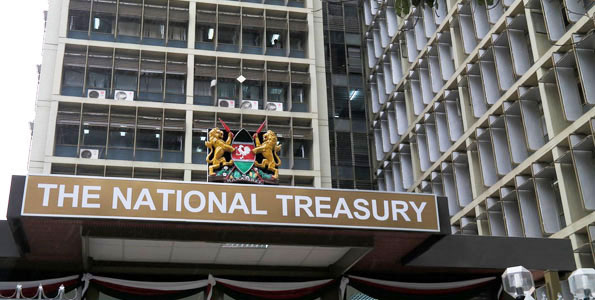Kenya is set to tighten its tax net on multinational corporations through the proposed Income Tax (Minimum Top-Up Tax) Regulations, 2025, unveiled by Treasury Cabinet Secretary John Mbadi. The draft rules, which seek to operationalise Section 12G of the Income Tax Act, align the country with the OECD’s global minimum tax framework and aim to ensure fairness in corporate taxation.
According to Mbadi, the new framework will apply to multinational groups with an annual consolidated turnover of at least €750 million (approximately Ksh96.92 billion). These global firms will now be required to calculate their effective tax rate (ETR) in Kenya. If their ETR falls below 15 per cent, they will pay a top-up tax to meet the minimum threshold.
“The purpose of the top-up tax is to ensure that the total tax payable on the profits of a constituent entity in Kenya is not less than the minimum rate,” the regulations state.
In practice, this means that if a multinational pays only 10 per cent in corporate tax after deductions or incentives, it will be required to add another 5 per cent as a top-up tax, bringing its effective rate to 15 per cent.
The Treasury explained that the move seeks to curb tax avoidance by large corporations that use international loopholes to minimize tax payments. It also aims to enhance transparency and discourage aggressive tax planning, especially in high-revenue sectors like technology, energy, logistics, and manufacturing.
Under the proposals, companies will be required to file a Global Anti-Base Erosion (GloBE) Information Return and a Top-Up Tax Return within six months after their financial year ends. The tax will be payable within four months of closing the income year.
Exemptions will apply to public entities, pension funds, sovereign wealth funds, and real estate investment vehicles. Additionally, income from international shipping will be exempt if managed strategically and commercially from within Kenya.
Public views on the draft regulations are open until December 3, 2025.

